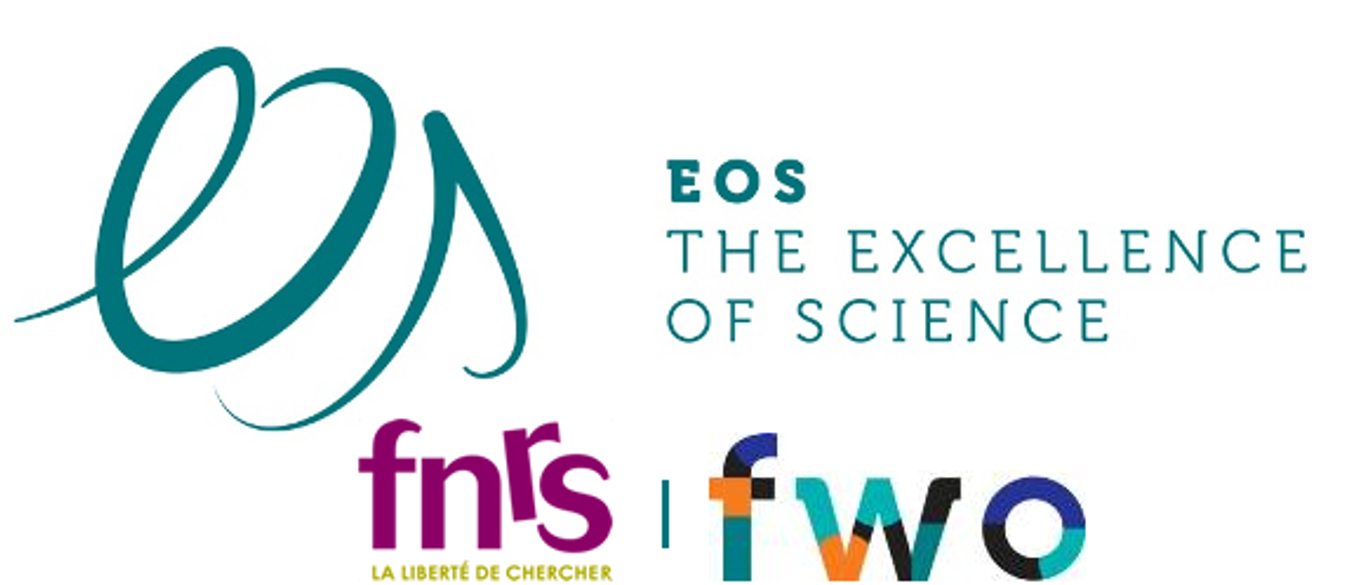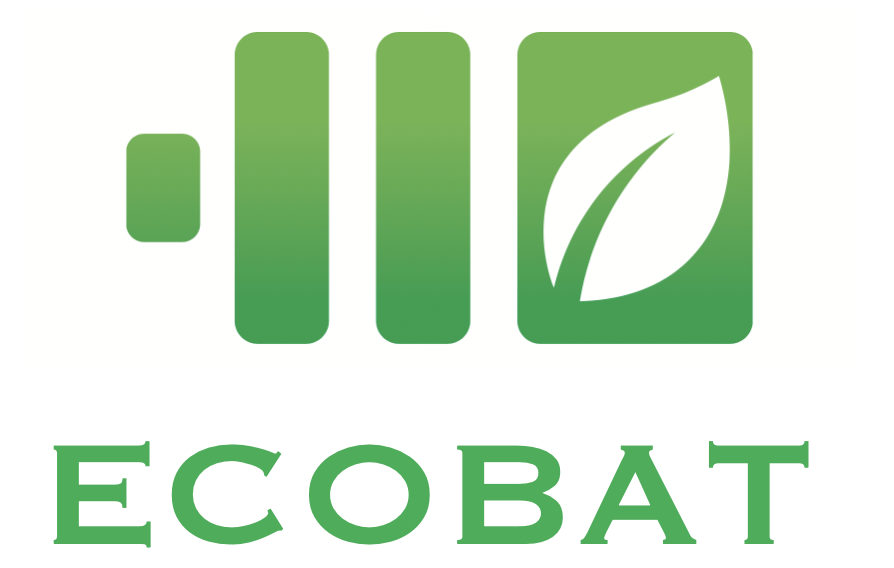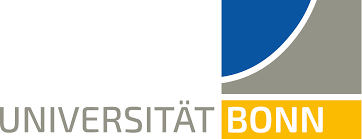ECOBAT
Electrocoordination chemistry of s-block elements
in organic media for future batteries
ABOUT
About our project
Batteries are one of the key enabling technologies for the transition to a climate-neutral society by 2050. However, the incumbent lithium-ion-battery technology is reaching its limits in terms of performance metrics and cost reduction, while also depending on several critical raw materials. These limitations fuel the development of future battery types, including Metal-Anode Batteries (MABs) based on monovalent or divalent, earth-abundant cations. ECOBAT’s objective is to provide new knowledge and materials to build, test and compare the performance metrics of different s-block elements in MABs and identify the common elements governing the bulk, interface and solvation properties of s-block MABs. More specifically, ECOBAT aims to understand the effect of the solvent and salt anion on reversible metal deposition and metal-ion intercalation in MABs using a single type of cathode materials. The relationship between the first coordination sphere and the electrochemical properties of the metal ions in organic media will be ultimately established. ECOBAT unites 5 experts in the domain of high-performance organic cathodes, efficient metal anode utilization, advanced electrolytes, combining both experimental and computational theoretical chemistry approaches. Comprising two ERC Grantees, the team will trigger new scientific findings on the electro-coordination chemistry of s-block elements, paving the way for next-generation batteries based on earth-abundant elements.
CONSORTIUM
EOS-ECOBAT Project Consortium

Acknowledgment
This project (EOS number: 40007515) has received funding from the FWO and F.R.S.-FNRS under the Excellence of Science (EOS) programme




